The Volvo Cars Chengdu manufacturing plant has added another feather to the Swedish brand’s cap by becoming fully powered by renewable electricity.
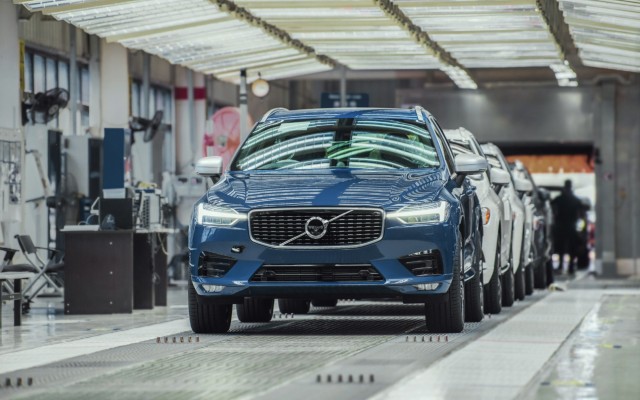
In a major step towards increasing clean energy solutions in manufacturing, the Volvo Cars Chengdu manufacturing plant is now powered entirely by renewable electricity, taking the Swedish major’s global renewable electricity mix in their manufacturing network to 80 per cent.
The 100 per cent renewable electricity mix in the Volvo Cars Chengdu facility is the result of a newly-signed supply contract and will reduce the plant’s CO2 emissions by over 11,000 tonnes per year. It is the latest step towards Volvo Cars’ ambition to have climate neutral manufacturing by 2025 – part of a wider climate plan that aims to reduce the overall carbon footprint per car by 40 per cent between 2018 and 2025. By 2040, Volvo Cars aim to be a climate neutral company.
The news of the electricity contract is also in line with broader ambitions in China to reduce carbon emissions from industry and, more particularly, reduce the carbon footprint resulting from energy generation. Until recently, the Volvo Cars Chengdu plant already sourced 70 per cent of its electricity from renewable sources. The new contract addresses the last 30 per cent. Under the new contract, around 65 per cent of the supply comes from hydro-electric power, while the remainder comes from solar, wind and other renewable sources.
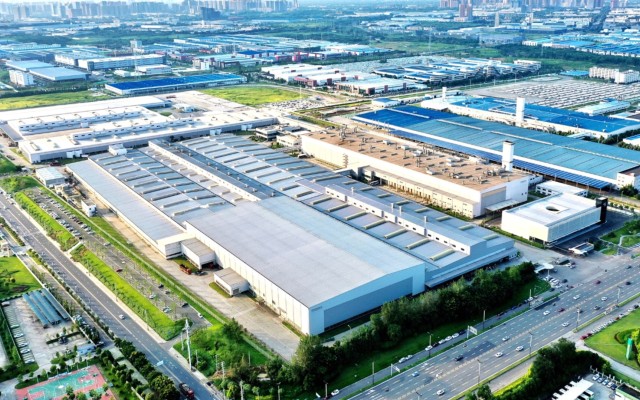
Javier Varela, head of industrial operations and quality, said “Our ambition is to reduce our carbon footprint through concrete, tangible actions. Securing a fully renewable electricity supply for our largest plant in China is a significant milestone and underlines our commitment to taking concrete, meaningful action.”
Volvo Cars have been constantly working to reduce the carbon footprint of their manufacturing network and have already reached a number of milestones in recent years. All of their European plants have had a climate neutral electricity supply since 2008, while the engine plant in Skövde, Sweden was the first in the company’s network to become completely climate neutral in 2018. At the Belgian facility in Ghent, Volvo Cars had installed 15,000 solar panels in 2018, the first large-scale introduction of solar energy in their global manufacturing network.
These are just some of the many measures undertaken as part of the climate plan for Volvo Cars; one of the most ambitious in the automotive industry. The plan, however, is centred around Volvo Cars’ ambition to generate half of their global sales from fully electric cars by 2025, with the other half being hybrid. The plan even goes beyond addressing tailpipe emissions through all-out electrification and also seeks to tackle carbon emissions in the company’s wider operations, the supply chain, and through recycling and reuse of materials.
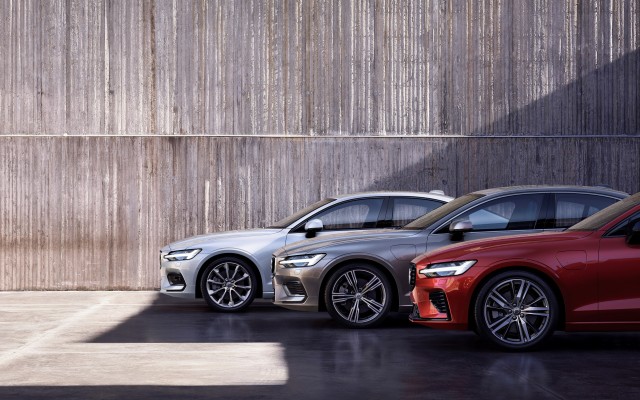
Also read: New Volvo S60 Goes All-electrified
Also read: Volvo XC40 Recharge Leads EV Future




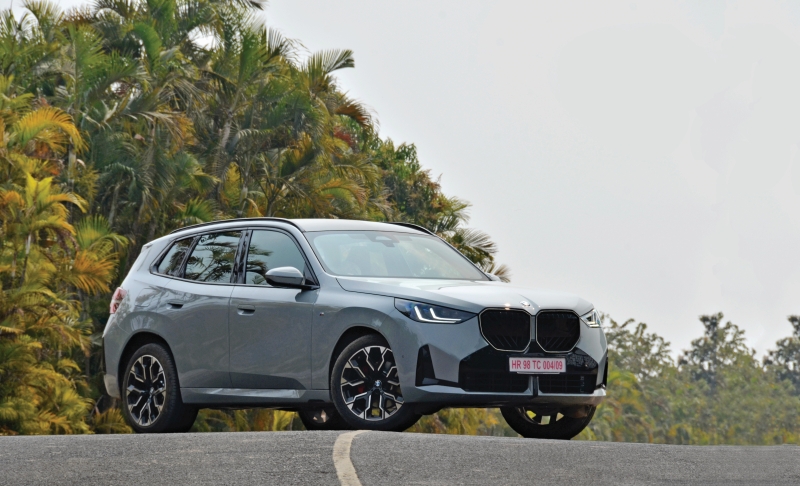



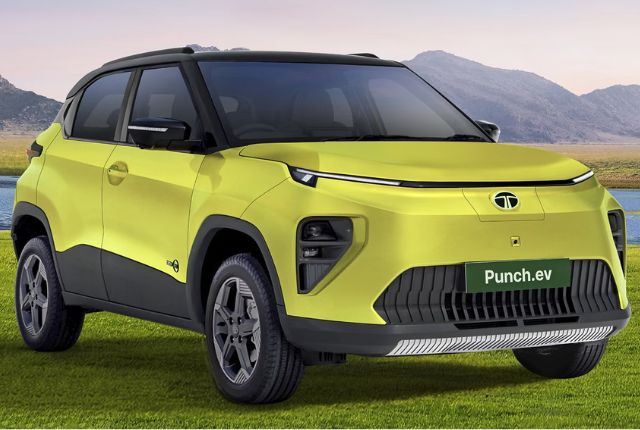
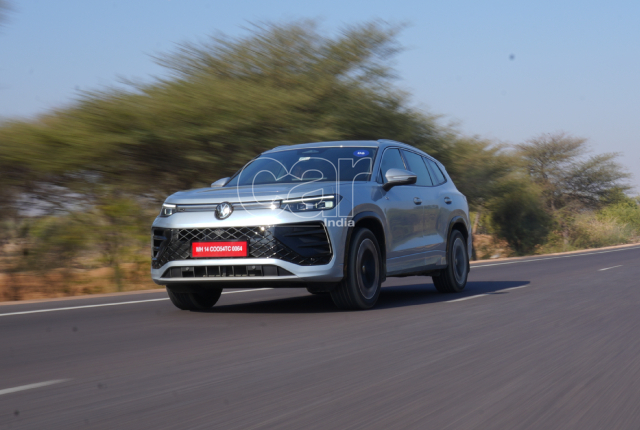

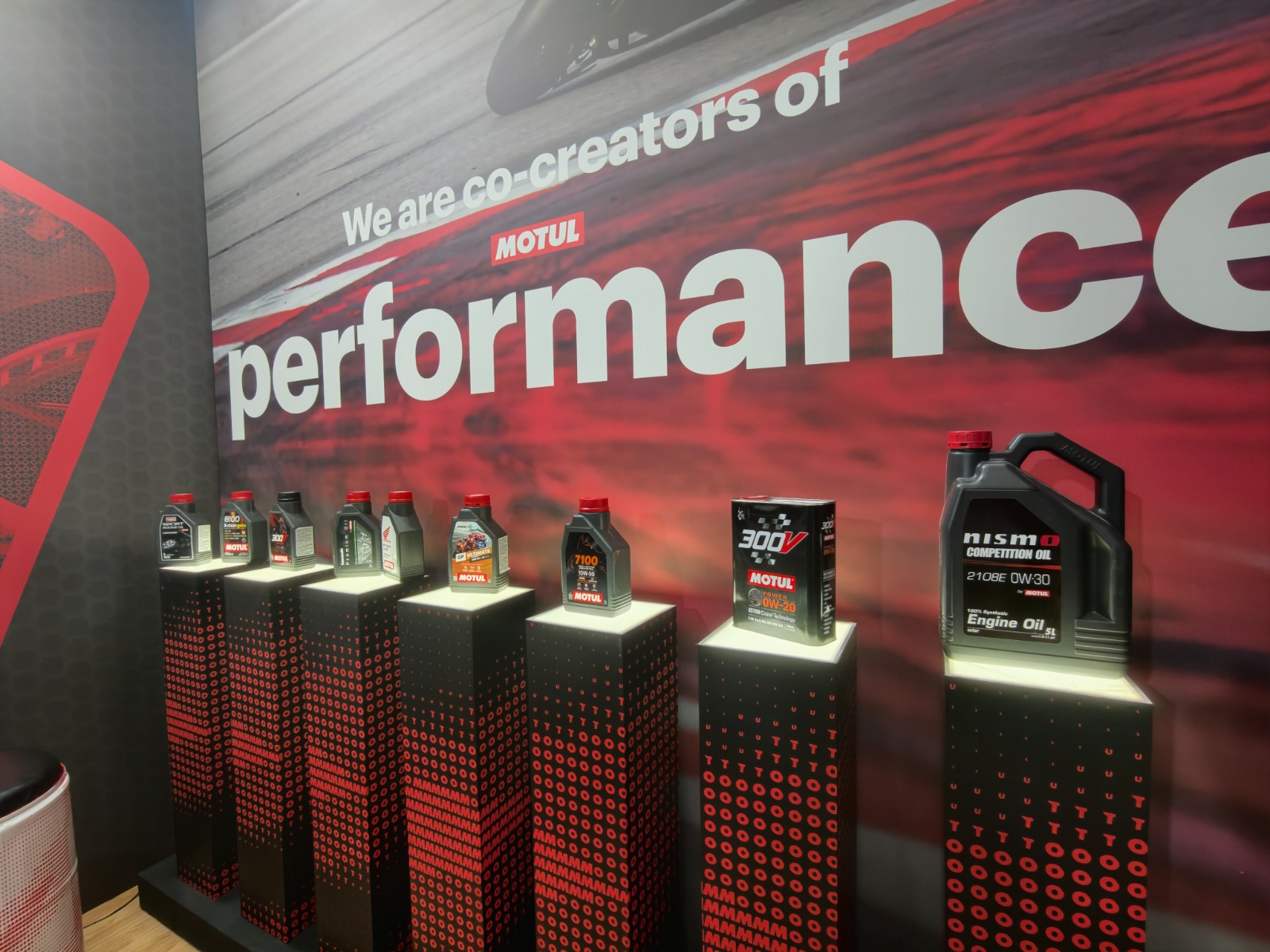


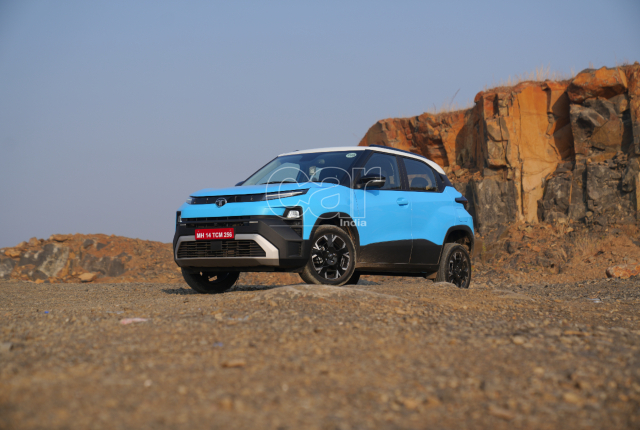
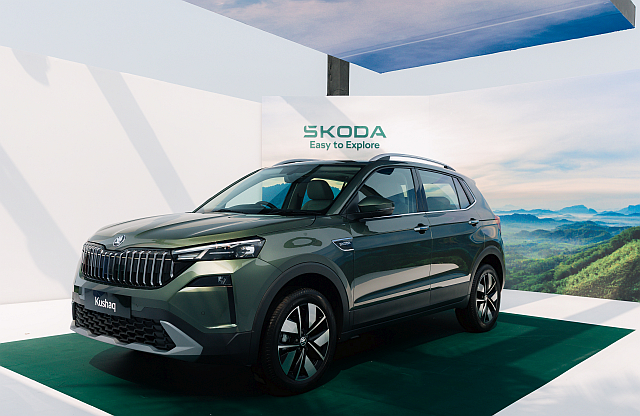
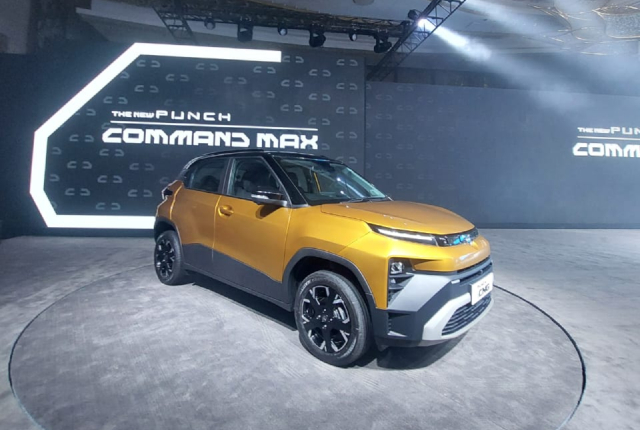


Leave a Reply